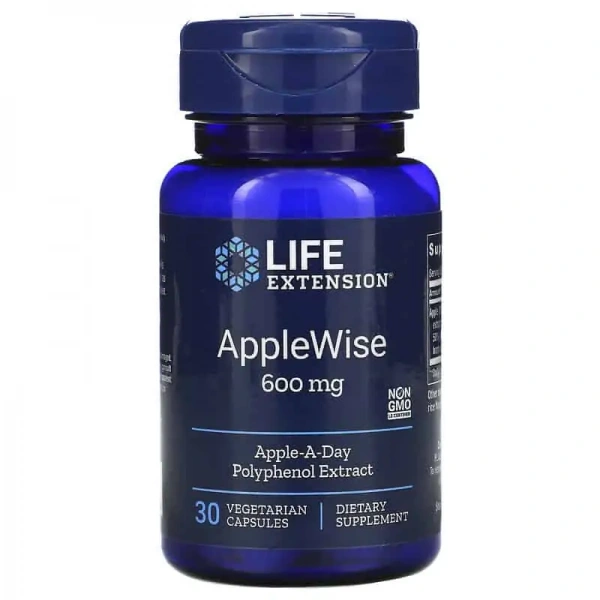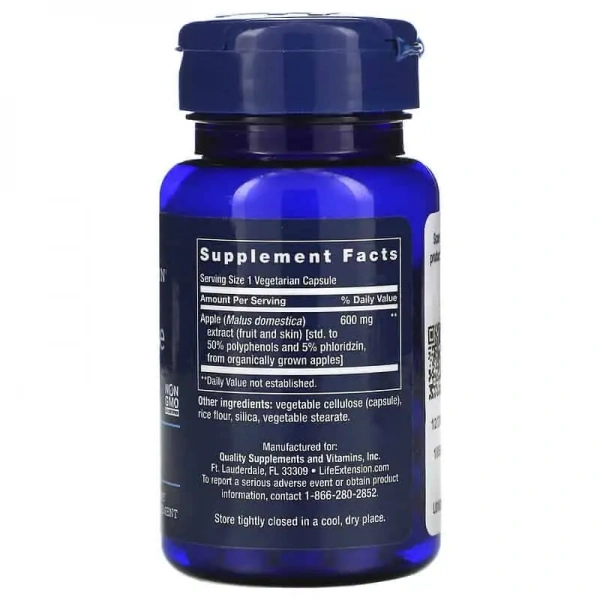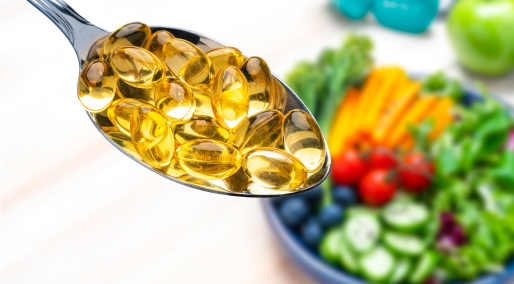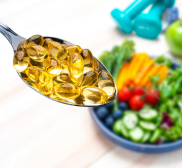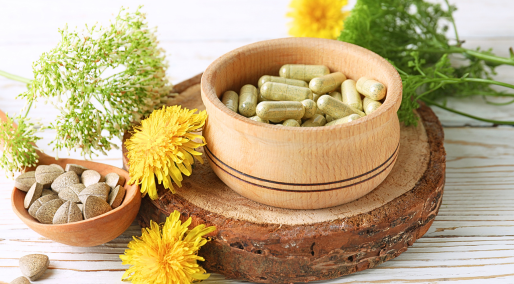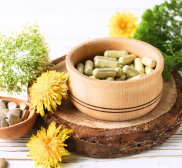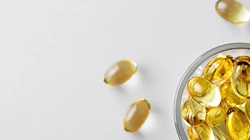- For the home
Health
- Bones and Joints
- Digestion and Healthy GI
- Essential Oils
- Fish Oil / Omega-3
- Healthy Sleep
- Heart and Cardiovascular System
- Immunity
- Liver
- MCT Oil
- Men
- Mind and Focus
- Minerals
- Pet Supplements
- Pro-Health Supplements
- Probiotics
- Senior
- Superfoods
- Urinary Tract
- Vitamins
- Vitamins for hair
- Vitamins for nails
- Vitamins for the skin
- Weight Management
- Woman
Healthy Diet
Herbs
Mother and Baby
Sport
Your Goal
Pet Supplements
Cosmetics
- Cosmetics for children
- Men's Cosmetics
- Unisex Cosmetics
- Women's Cosmetics
- Dezodoranty i perfumy
- Higiena jamy ustnej
- Kosmetyki akcesoria
- Kosmetyki dla dzieci2
- Kosmetyki do ciała
- Kosmetyki do higieny intymnej
- Kosmetyki do opalania
- Kosmetyki do pielęgnacji ust
- Kosmetyki do twarzy
- Kosmetyki do włosów
- Papier toaletowy / chusteczki
LIFE EXTENSION AppleWise (Apple Polyphenols, Antioxidant) 30 Vegetarian Capsules
Available: 0 szt.
21,75 €
Price per portion: 0,73 €
Temporarily unavailable
After purchase you will receive 89 pts
Product Details
- Description
- Dosage
- Ingredients Table
- About the brand
- Nutritional information
- Reviews (0)
- Articles
- Lowers oxidative stress
- Supports blood sugar levels within the normal range
- Supports cardiovascular health
- Supports healthy cell division in the colon.
Apple polyphenols are powerful antioxidants. They help inhibit glycation and promote a healthy inflammatory response. Apple polyphenols also help support a healthy cardiovascular system, cell division, blood sugar levels already within the normal range, and healthy immune functions.
Apple polyphenols can extend life by lowering oxidative stress
Apple skins contain many of the polyphenols found in other fruits, but in higher concentrations. One of these compounds is a polyphenol called floridzin. Scientists conducting preliminary research found that the use of apple polyphenols extended the lifespan of various species by 10% to 12% by increasing gene expression of essential natural cellular antioxidant systems.
Phloridzin maintains healthy blood sugar levels within the normal range
Apple floridin is especially active against glycation, which is one of the most common effects of normal aging. Floridzin attacks glycation and its effects at many different levels, starting with blood sugar levels. Research shows that floridzin significantly inhibits glucose uptake into intestinal cells, as well as the active transport of glucose from these cells into the bloodstream.
Of course, some sugar is inevitably absorbed, where it forms carbonyl molecules that react with proteins and DNA to form advanced glycation end products, or AGEs. Floridine inhibits the formation of these carbonyl compounds. Floridzin also traps any remaining carbonyls produced, inhibiting their reaction with more sensitive body molecules.
Supports the health of the cardiovascular system
Animal studies show that apple polyphenols slow the absorption of triglycerides by blocking pancreatic lipase, an enzyme especially required to break down triglyceride fats. Blocking pancreatic lipase causes some of the triglycerides to be released from the body as waste. 12. Additional research has shown that apple polyphenols can increase the protective antioxidant molecule paraoxonase by as much as 23%, inhibiting lipid peroxidation and inflammation.
Supports healthy cell division in the colon
Apple polyphenols promote the health of the colon by removing oxygen free radicals, which are powerful agents that increase cellular mechanisms and support DNA function. They also boost the production of natural antioxidant enzymes that colon cells use to protect themselves, inhibit enzymes that produce inflammatory cytokines, and have been shown to help protect the DNA of colon cells. As health-conscious people today receive a wide variety of polyphenols (such as green tea and pomegranate extracts), a daily dose of 300 mg to 600 mg of apple polyphenols is sufficient to obtain the desired benefits.
Dosage
Serving Size: 1 Capsule
Servings per Container: 30
Form: Vegetarian Capsule
Other ingredients
Life Extension is a company that focuses on quality, purity and potential. They only get the best raw materials for their products. Life Extension has been helping people stay healthy and live better for more than 35 years. Their belief in a scientific approach to better nutrition has always been the cornerstone of their company.
A dietary supplement / A nutrition supplement as a substitute for everyday diet, used for weight control.
Cannot be used as a substitute of a healthy and balanced diet.
Not to be used by pregnant or nursing women.
Do not exceed recommended dosage per day.
Keep out of reach of children.
Best before: date on the package
All descriptions are the property of the www.mass-zone.eu. Copying or distribution is strictly prohibited! As per the Copyright Act from February 4th, 1994.
Manufacturer: Quality Supplements and Vitamins, Inc. Ft. Lauderdale, FL 33309
No one has written a review for this product yet. Be the first to write a review.
